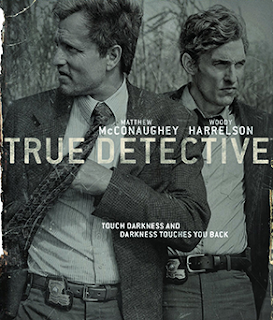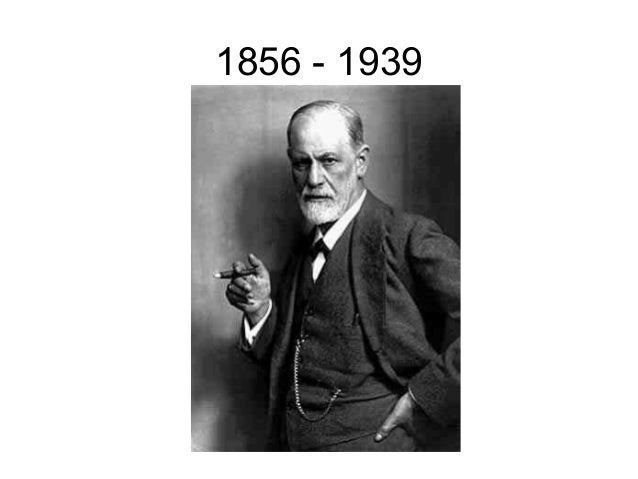Capitalism vs. Marxism
An
economic and political system in which a country’s trade and industry are
controlled by private are controlled by private owners for profit, rather than
by the state. This is the definition given to the ideology that governs most
the world, this is in sharp contrast to another ideology called Communism, that
derives from Karl Marx and Marxism. A political theory derived from Karl Marx,
advocating class war and leading to a society in which all property is publicly
owned, and each person works and is paid according to their abilities and
needs. These definitions don’t adequately describe or detail these systems so,
I will go into depth on behalf of Capitalism and Karl Marx as to teach my
audience the importance of these systems, and to persuade my audience to take
advantage of the opportunities that capitalism brings.
Karl Marx grew up during the birth of capitalism in the
early 19th century and was able to see what problems capitalism had
and how terribly the lower and middle class were treated compared to the
wealthiest elites. This led to his idea of elimination of classes and state
control of resources. This idea is fundamental in not only the maturation of
capitalism but, presented the world with a society in which the groups most
under represented throughout human history, the lower and middle class, are
finally the same status as the richest people of their country. The problem
that comes with communism is that individuals are more complicated than the
systems that hold them, class equality inevitably fails due to corruption of
state officials and the lack of incentives present to motivate. This is a gross
oversimplification but, with the lack of free markets and misallocation of
resources, the state is unable to handle such a complicated world economy or
the very complicated problems of its people, so it is the people’s
responsibility to fix issues. So, Karl Marx and his ideas of class equality are
more complicated than its most popular idea of communism; Socialism presents a
new range of ideas that have influenced almost every country in the world.
Socialism can be found in every democracy from Sweden to the United States, its
influence varies but, its presence is felt through a welfare state to social
security benefits provided at a late age such as sixty-seven. A society in
which has a free market along with small state control is hard to balance but,
if kept can create the closest thing to a utopia that humans can achieve.
In support of Marxism
through Religious texts of Jesus.
The attacks of business
and capitalism have come from very intelligent and powerful individuals for
eons. For example, Jesus Christ once went to a temple and found merchants
trading and thought it was an insult to god and he then flipped the tables and
destroyed their places of business. Mathew
21 verse 12”Jesus entered the
temple courts and drove out all who were buying and selling there. He
overturned the tables of the money changers and the benches of those selling
doves.” Jesus then went on to say the traders were making the house of prayer a
den of robbers.
Charles Dickens vs.
Capitalism and examples he used in literary works.
Dickens' formative years were the late 1830s and early 1840s - a period of
turbulent capitalist transformation of the great cities, of enormous social
conflict between different social forces, and of fierce ideological turmoil.
Dickens' own family knew something of this everlasting uncertainty. They moved
houses frequently to stay one step ahead of their creditors. Dickens' father
was imprisoned for debt and Dickens himself was removed from school to do
menial work in a shoe-blacking factory.
These were humiliating experiences, about which Dickens kept quiet. At the
same time he was acutely aware, through direct experience, of the wretched
lives of the poor. The horror Dickens felt at the poverty into which he so
nearly descended and his sympathy for its victims form the imaginative axis of
much of his writing. They also define his radicalism.
Social dislocation also opened up - in this new bourgeois world - the
possibility of using your own talents to get ahead in life. Dickens was a case
in point: as something of a one-man literary factory, he succeeded by
constantly producing a stream of novels, short stories and journalism that
appealed to a new public. He had nothing but contempt for the kind of
aristocratic assumption that birth and breeding were owed a living. In this
sense Dickens was an impatient radical, eager to rid society of the indolent
parasitism that strangled individual initiative.
At the same time, he was deeply suspicious of another strand of radicalism
shared by many of those who, like him, wanted to reform the existing order.
This was a radicalism that focused on disciplining the poor and the vulnerable.
"Reforming" the poor law and the workhouse to make
"welfare" (such as it was) as unpleasant as possible for the
"workshy" provoked Dickens' wrath - as seen in Oliver Twist (1839).
This was the period when "free market" ideas, alongside the capitalist
interests they served, were making inroads. The idea that those at the bottom
of society had only themselves to blame if they starved struck Dickens as
callous when there was wealth enough to satisfy their needs.
Dickens appealed to the idea that we share a common humanity beyond social
division. He did so in order to fight what was fast becoming the reality of
bourgeois society: its lack of common interests. Appealing to the
"good" side of bourgeois society against its "bad" side is
something we see in Dickens' A Christmas Carol (1843) and the way in which the
heartless, tight-fisted Scrooge becomes a generous benefactor of the poor.
Sentimental, yes, but it was a protest against the notion that there was no
alternative.
The early Dickens novels are open and episodic. The serial technique of
novel writing in monthly, and occasionally weekly, parts (a technique which
Dickens virtually invented) meant that he could reach a new audience. It gave
him the freedom to introduce new characters and address issues (the reality of
the poor law or cruelty in education that might challenge this audience's
feelings and conscience). The breadth of form also enabled him to vastly expand
the social world of the novel: the rich and wealthy have to make way for characters
from the lower classes. Plebeian voices jostle for the right to be heard.
I believe it is not in
our best interests as a society to see Capitalism and Marxism as competing
ideologies but as opposite sides to the same coin. As those who fight for the welfare
and support of the lower class oppose the ones who fight for promotion of
business and against regulations are creating new ideas and reform for
everyone. It is also in our best interests in members of these contrasting
groups compete with one another to eventually create a system fit for everyone.
1st installment from Landon Eaves #9










